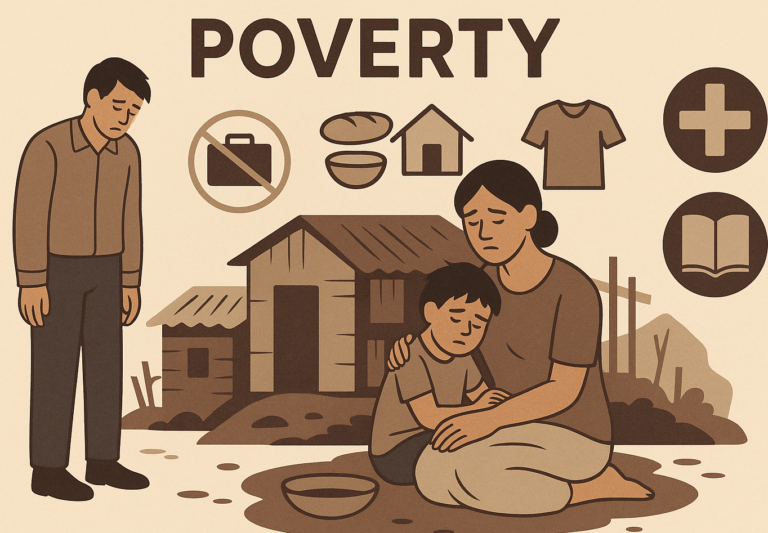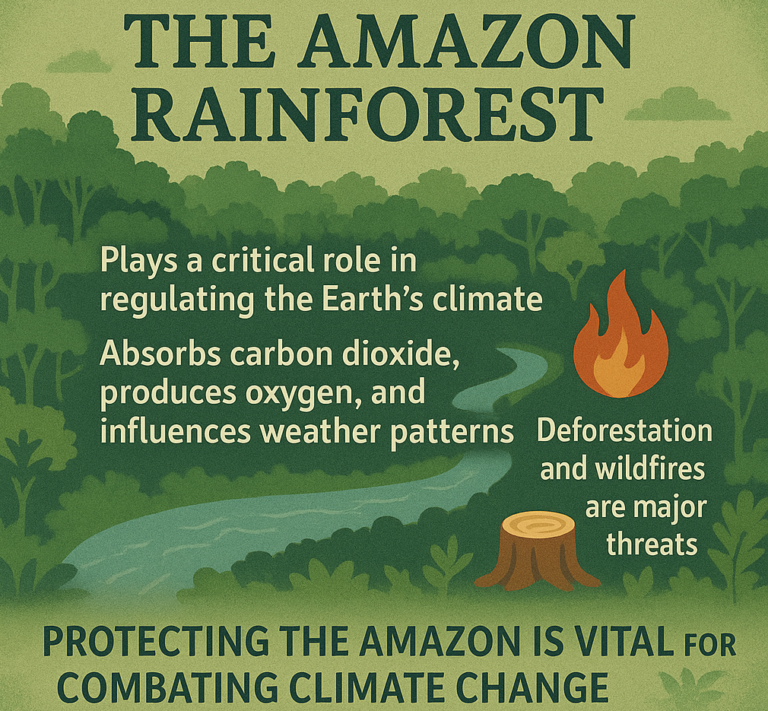What is the International Criminal Court (ICC)?
The International Criminal Court (ICC) is a global court that was set up to help bring justice for the most serious crimes that hurt people around the world. It’s like a “world court” that deals with crimes that affect humanity as a whole.
The ICC’s job is to prosecute people who commit the worst crimes, such as:
- Genocide (intentional killing of a large group of people based on their race, religion, or nationality)
- Crimes against humanity (serious abuses like torture, slavery, or killing civilians during war)
- War crimes (violence, destruction, and treatment of prisoners during a war that violate international laws)
- Aggression (using force or violence against another country without justification)

Why is the ICC Important for Global Justice?
- Accountability: The ICC helps make sure that powerful people—like political leaders or military commanders—are held responsible for crimes, just like anyone else. Without the ICC, powerful people might escape justice, especially if their own country’s legal system is unwilling or unable to prosecute them.
- Deterrence: By prosecuting high-profile criminals, the ICC can send a strong message to the world that committing these terrible crimes will not be tolerated. This may help prevent future violence and wars.
- Victim Rights: The ICC not only holds criminals accountable, but it also makes sure that victims of war crimes, genocide, or crimes against humanity have their voices heard. The court aims to provide justice for those who have suffered.
- Global Cooperation: The ICC brings together countries to cooperate in stopping impunity (the idea that someone can commit crimes and escape punishment). Countries that are part of the ICC agree to work together in the pursuit of justice, even if the crime happens far from their own borders.
How Does the ICC Work?
- Jurisdiction: The ICC can only prosecute crimes committed in countries that have agreed to be part of the court (called “State Parties”) or crimes that happen in the territory of those countries. Some countries, like the United States and China, have not joined the ICC, so they are not subject to its jurisdiction.
- Investigations: The ICC can investigate crimes either if a country asks for help or if the United Nations refers the case. The ICC also has its own prosecutors who can investigate if they believe a crime has occurred.
- Trials: When someone is accused of committing a serious crime, they are brought to trial at the ICC. The court tries to determine if the person is guilty or innocent based on evidence and testimony.
- Punishment: If found guilty, the person can be sentenced to long prison terms, and sometimes the court also orders reparations to help victims.
Challenges the ICC Faces
- Limited Reach: Some powerful countries, including the United States, China, and Russia, are not members of the ICC. This means they don’t have to follow the court’s rulings. This limits the court’s ability to bring certain leaders to justice.
- Political Issues: Sometimes, countries may not cooperate with the ICC if they think the court is being used to target certain groups or nations unfairly. This can make it hard to carry out investigations and arrests.
- Enforcement: Even when the ICC issues an arrest warrant for someone, it doesn’t have its own police force to catch criminals. It relies on countries to arrest the suspects, which doesn’t always happen. For example, some fugitives are never captured.
- Accusations of Bias: Some critics argue that the ICC focuses too much on crimes in Africa and not enough on other regions, like Europe or the Americas. Others argue that it sometimes operates as a political tool to target specific countries.
Conclusion
The International Criminal Court (ICC) plays a critical role in global justice by providing a place to prosecute the most serious crimes that affect humanity, such as genocide, war crimes, and crimes against humanity. Its mission is to make sure that no one, no matter how powerful, can escape punishment for committing such crimes. However, it faces challenges like limited reach and political obstacles, which sometimes make its work difficult.











